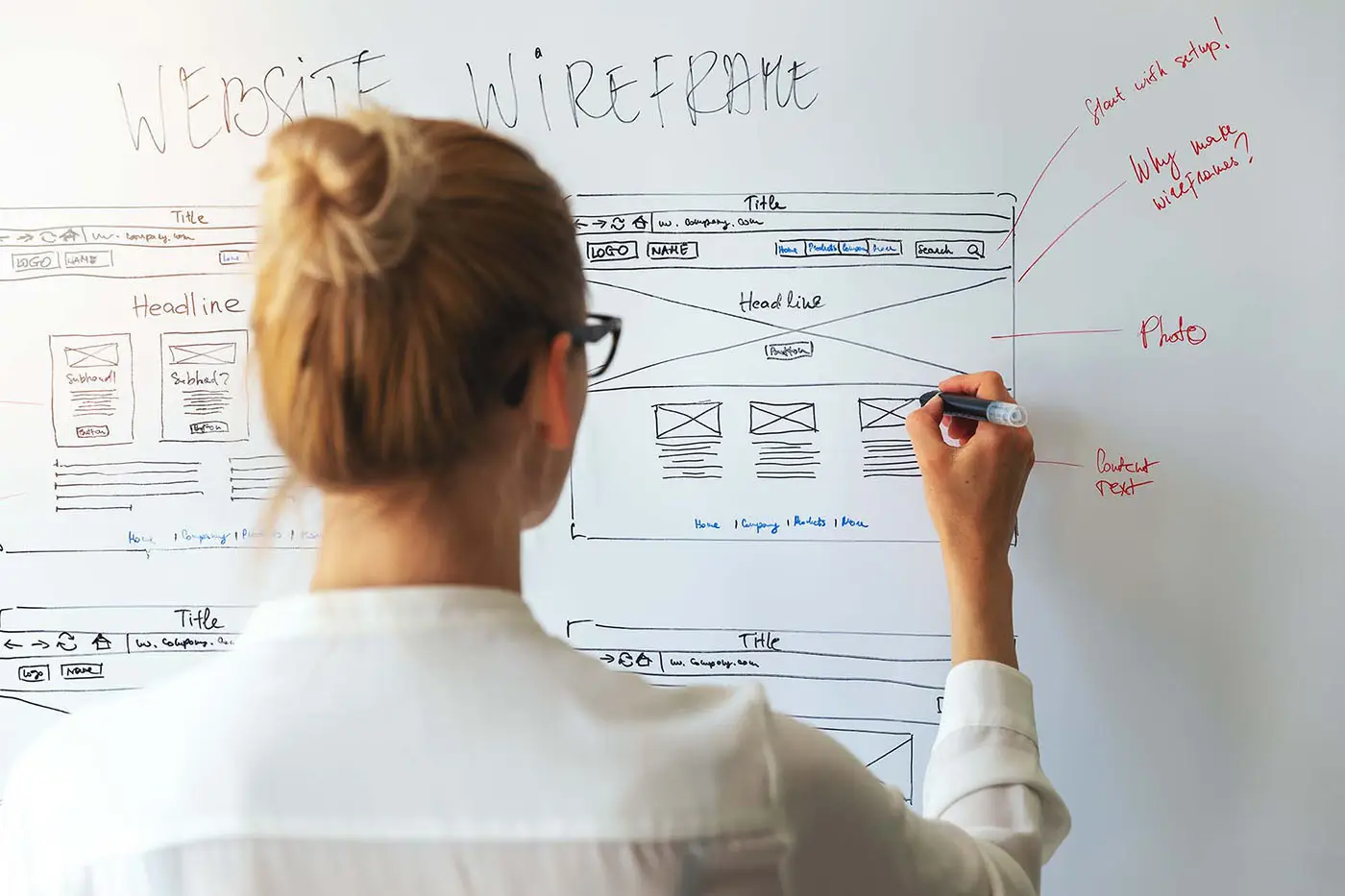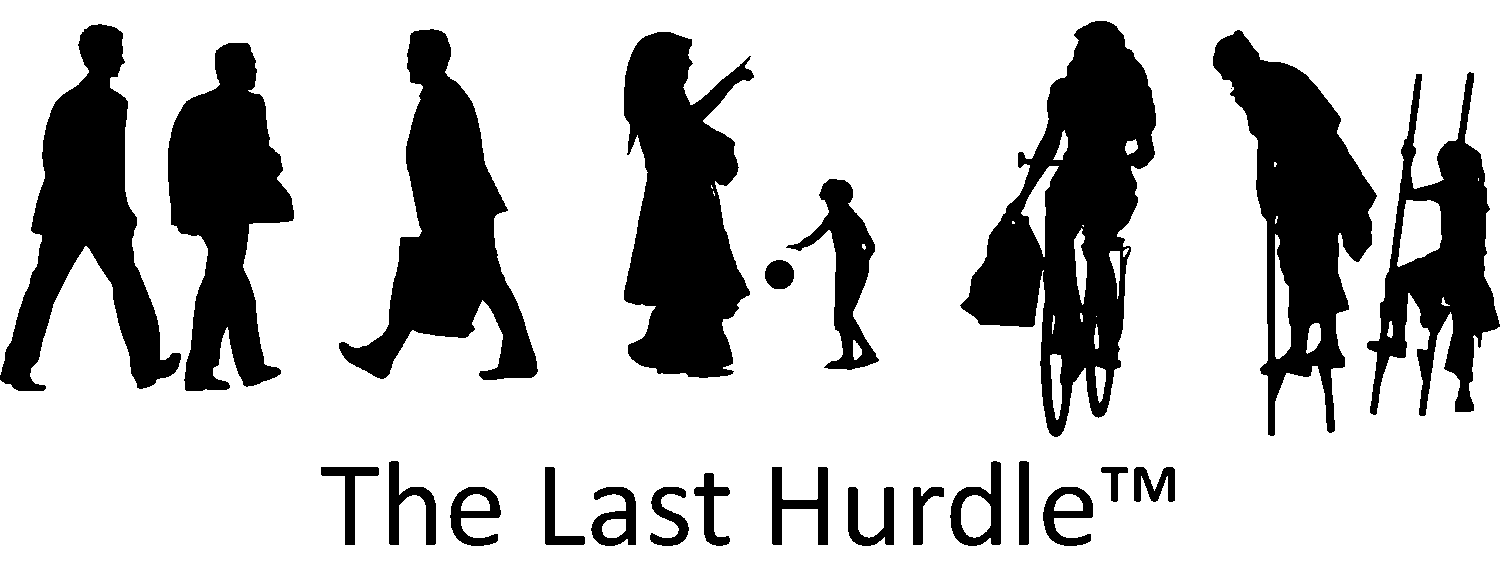What to Consider When Commissioning a New Website
For most businesses, an online presence is a must, even if it is simply for credibility purposes. Whether you have a site and want a refresh of the content and design, or whether you have a fledgling business and this is a new experience, there are certain considerations that should be thought about before you jump straight in. To help highlight some of these considerations, in this article we share some top tips and advice about what to consider when commissioning a new website:
Define the Purpose of Your Website
Before you start, you should define the website’s primary purpose.
In simple words, you should state clearly what you want to accomplish with your website.
Typically, businesses build websites to fulfil one of two purposes. They either want to sell products or provide services to users through their websites. In addition, companies also want to have a conduit to help create leads or to educate users by providing relevant information. So, the primary purpose of your website could be to provide a platform for people to purchase your products – but it might also provide a resource to show people how to use that product, to educate the user about the full range of benefits of the product, to give technical advice, provide “how to guides”, impart information about returns, terms and conditions, educate customers about add-ons and provide an opportunity for upselling etc.
Before you start your new website think about everything you want it to accomplish, this will help you to decide what should be on the site and give your developer, from the outset, a clear picture of all the functionality you will require. This will help to prevent the dreaded scope creep that we often experience.
What to Consider When Commissioning a New Website
Site Structure
Once you have decided on the purpose of your site, it’s time to pay attention to the structure of your new site. This is where you decide what should be included and, in the process, create a clear map of the structure of your website.
If you are developing an e-Commerce site, with multiple products of varying types, then you will need to sort these into overarching “categories” and if applicable “subcategories”. Your products can then be filtered into each category making your site easier to navigate by the user. Don’t panic, your products can appear in more than one category (if it makes sense to do so). Your product pages should be easily accessible from the homepage and top bar menu and should link to sensible alternatives, add-ons, and other resources. Top Tip: Consider including a search bar for super swift navigation around your shop site!
For service industry type websites, think about your users and their needs. What is the most requested service, what do potential clients enter in search engines when looking for a similar service, what is important to them? For businesses with multiple disciplines, it makes sense to once again consider splitting service offerings into categories. For example, a law firm that covers both commercial and family law, might want to use two categories before highlighting individual service pages under each. In fact, they might well want to split it out into Employment law, Family law and Commercial… whatever makes the most sense for your business. The point of this is to have a site that is incredibly easy to use and the user can locate the exact page they are looking for fast!
In both instances, it is a very good idea to place yourself in the shoes of your new website users and understand their motivations for visiting your site.

The Design
Nothing is more important than a good web design when it comes to capturing customers’ attention. A well-designed website leaves a good impression and can quickly convert visitors into buyers. Think about the “tone” you want to convey. Are you a bright vibrant company, do you want to interject some humour, are you formal, professional, or relaxed and approachable?
Top Tip: Try not to overpower your content, avoid making it too busy by judicious use of spacing and make sure clickable elements are kept away from each other to avoid users on smaller devices getting frustrated with your site.
Moreover, you should ensure that your site loads fast, is “responsive” i.e., shows well on every type of device, has clear signposts to main areas and doesn’t have unnecessary pop-ups. Avoid, at all costs, putting clicks in the way of your users. When online people are terribly impatient, we all are, think about your own use. If the user lands on your site looking for a particular product or service and it isn’t immediately apparent you run the risk of them hitting that dreaded back button and all you will have accomplished is to send a customer to a competitor’s site.
Brand Identity
If you are commissioning a website for an established business, make sure it aligns with your brand identity. This will promote consistency and start to build your brand recognition. Your brand is so much more than just a logo, it is the colours used, the tone of the communications, the fonts used, straplines etc.
We recommend you share your brand guidelines with the web design and development company. You can ask them to create one for your brand or utilise an existing logo.
If your business is new, then consider having a brand created.
The Content
There are various types of content including text (words) and visual (illustrations, images, and videos). A good site will have a mix of all formats. Don’t forget, that you will need the wording to help the search engines determine what your website is about.
Creating the content can be a chore, where do you start? This part of the site can be rather protracted! A good way to lighten the load is to ask team members to help or alternatively source a good copyrighting service to help.
Top tip: when writing content always have the work edited by another person. You simply cannot effectively edit your own words as your brain will read what it thinks it wrote!
When planning the content of your website it is important to realise that users will not read your site like a book. They will most likely visit 3-4 pages of your site so you will find that you will need to impart some of the same information on multiple pages. Do not be tempted to copy and paste content, neither the search engines, nor users like duplicated content.
Top tip: Do not neglect your “about us” page, when making a final decision whether or not to engage with your business the About us page is a huge credibility check for a lot of users.
One mistake that businesses often make is that they forget what users want from them. Instead of paying attention to users’ pain points, some businesses feel that it is important to start reflecting on their own achievements on the website. As a result, they fall into the trap of highlighting what is important to them rather than considering what a user cares about. That is not to say you shouldn’t shout about your achievements, but do they need to be shown on the most prominent place on the website? Stop thinking about what you like and want and think more about what potential visitors will want from your website and the impression you want to make on them.
Always keep in mind what you want your website visitors to do. That might be a simple end goal of buying a product from you, then give them a reason to. Or it might be to generate an enquiry, in which case give them the chances to make an enquiry. Whatever the goal is for each page of your site make sure you are giving the user every opportunity to get in touch, buy from you or start a conversation. I am of course talking about “calls to action”. Don’t leave these solely for the contact page. Make sure you have clickable phone numbers, on page contact forms, email addresses etc throughout your content. This will enable the user, when they have decided to take that step, the most expedient way to make that step.

Optimisation
Search engine optimisation (SEO) is a practice that can mean the difference between showing up on page 1 or page 10 of the search engine results. Brands often consider SEO as an afterthought. The optimisation process including conducting a keyword research should be done before you start to build the site. Researching what users search for will enable you to identify which keyterms should be assigned and where. These should be included in the title, url and content of each page, post and product.
Legal Pages
Whether you are commissioning a website for your services business or developing an online store, you should add legal pages. These pages are about:
- Cookie policy
- Privacy policy
- Terms of use
- Returns policy (online store)
By adding these pages, you are making your website legally compliant. Moreover, legal pages make your business perceived as more trustworthy and increase your credibility as well as imparting important information.
What to Consider When Commissioning a New Website
Ongoing Website Management
It’s one thing to build a website and another to maintain it properly. Website management is a continuous job that requires the right skillset. A website is never truly finished, you will have content to update, products to remove, replace or add and services to expand upon. If you listen to your developer you will also be adding content regularly to help boost your rankings, address some frequently asked questions and to provide your customers with a reason to keep coming back. Just like this article!
You also have the regular updates to consider, these are required for most modern websites. Most site updates are security patches and occasional feature updates. To keep your website secure, these updates should be performed on a regular basis by a competent person.
Need Help?
We hope you have found this article on commissioning a new website helpful and informative. If you are now thinking you have bitten off more than you can chew, we can help! At The Last Hurdle we are a full-service marketing agency, which means we can lighten your load, whether that is by guiding you through the process and project managing your new site, helping with content creation, keyword research and optimisation processes, graphic design or indeed building the entire site for you. Drop us a line at [email protected] or call us for a chat on 01604 654545.





